Salesforce vs. HubSpot
Choosing the right CRM platform is foundational to your business. This page compares two of the top-rated CRM platforms — HubSpot and Salesforce — to help you choose the CRM that’s right for you.
Overview
While there are many CRM options on the market, HubSpot and Salesforce are consistently rated the top two options by users in terms of satisfaction and adoption. Both platforms provide large sales teams with a robust solution that scales with growth. This page will help you understand the differences between HubSpot and Salesforce so you can decide which is the right CRM for growing your business.
Platforms
HubSpot
What does HubSpot do?
HubSpot is a cloud-based customer relationship management (CRM) platform with Marketing Hub, Sales Hub, Service Hub, and CMS Hub software applications that help scaling companies grow better.
Salesforce
What does Salesforce do?
Salesforce is a cloud-based customer relationship management (CRM) platform with applications for sales, service, marketing and more that help bring customers and companies together.
Sales Hub
An Overview of Sales Hub
Sales Hub is an all-in-one sales CRM that includes sales engagement software, CPQ tools, and powerful sales analytics to help teams work more efficiently, save time, and grow revenue.
Sales Hub combines power and ease-of-use, resulting in a powerful CRM that sales leaders love and reps love using.
Sales Cloud
An Overview of Sales Cloud
Sales Cloud is an all-in-one sales CRM that brings together sales automation tools, reporting, deal management, and more.
Sales Cloud enables businesses to manage leads, track progress, and automate sales processes.
Pricing
The sticker price doesn’t always tell the whole story of the software you’re buying. To help you understand the difference in total cost of ownership between HubSpot and Salesforce, let’s break down the common expenses.
| EXPENSE | SALES HUB ENTERPRISE | SALES CLOUD ENTERPRISE |
|---|---|---|
| List Price |
$1,200/mo for 10 paid users (source) |
$1,500/mo for 10 users (source) |
| Licensing Costs |
Pay $120/mo for each additional paid user (source) |
Pay $25 - $150 per additional user depending on package (source) |
| Implementation |
Flat rate of $3,000 for Enterprise onboarding. |
Salesforce offers a ‘Jump-Start’ implementation for $5,000 (source) |
| Platform Maintenance |
Enjoy a seamless platform built on one code base (source) |
Set-up and maintain connectors for multi-cloud integrations |
| Customer Support Costs |
Phone and email support included for all Professional and Enterprise plans (source) |
20% of net-cost for phone support and 24/7 coverage |
| Outbound Calling Software |
Included in all plans. Calling limits apply (2,000 minutes per user/mo for Enterprise); not available in all countries (source) |
Calling and Logging $45/user/mo (for 1,000 minutes) (source) |
| Sales Engagement Software |
Included with Enterprise: |
Inbox $25/user/mo |
| ESTIMATED TOTAL COST FOR 1 YEAR (for a team of 10) |
$17,400 |
$43,680 |
Control, flexibility and support
Total control and flexibility
HubSpot is uniquely dedicated to ease-of-use and simplicity for admins, reps, and managers. This way, you spend less time (and money) getting your sales system to work how you want it to. Customers have the freedom to organize and administer their CRM without the need to hire a dedicated admin.
Salesforce implementation and maintenance requires experienced and well-trained administrators. Most Salesforce customers need to bring in a consulting agency (source), hire one or more full-time admins (with an average salary of $77,503 according to Glassdoor), or have current employees become Salesforce administrators.
Support that scales with you
HubSpot is invested in your success from day one. They provide world-class support and customer success teams are available to all customers– with phone and email support at no extra charge for Pro and Enterprise customers– and you won’t pay more for it as you grow. HubSpot Academy, consistently ranked as one of the top online learning platforms in the world (source), is also available right at your fingertips.
Salesforce charges 20% of your net contract price for 24/7 premier support, while additional feature access costs 30% of your net contract price. With percentage pricing as you spend more on additional seats and add-on features, you’ll have to pay more for the same support. When choosing a Salesforce support plan, you’ll want to carefully forecast how much your team will need.
Capabilities
Your CRM is the foundation of your sales process. It should keep you organized, increase efficiency, give leadership clear direction on how to grow revenue, and scale with your growth. See how HubSpot and Salesforce compare across some of the most critical CRM capabilities.
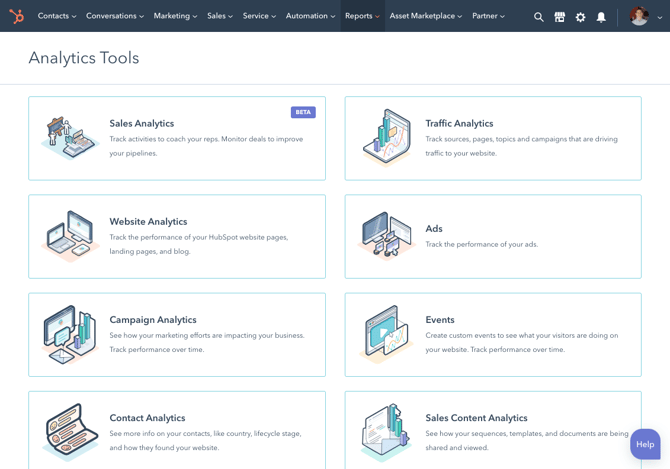
Power and functionality
HubSpot
HubSpot CRM combines a consumer-grade user experience with enterprise power. Sales Hub delivers on contact management, sales analytics, sales automation, pipeline management, and much more. Sales Hub products are trusted by thousands of growing mid-market B2B companies, enterprise brands, and high-growth unicorns to scale with them as they grow
Salesforce
Salesforce offers top-of-the-line contact management, dashboards, analytics, pipeline management, sales automation, forecasting and much more. They offer a wide range of powerful products for businesses of all sizes.
Both HubSpot and Salesforce offer the most powerful, complete tools for sales teams on the market.
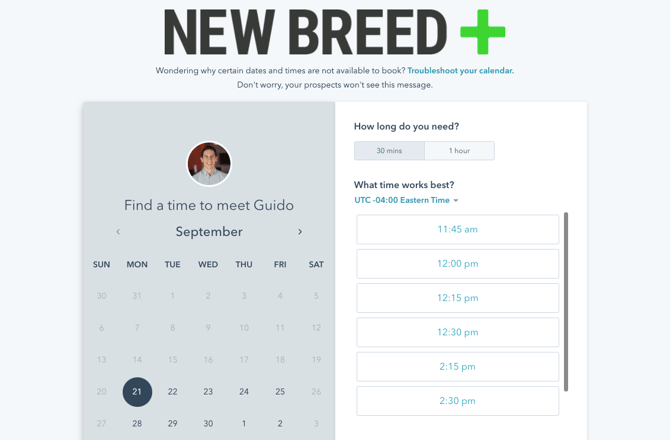
Usability
HubSpot
HubSpot is consistently ranked the most user-friendly CRM and B2B software, with rep adoption often cited as a key benefit among HubSpot users. As a result, customers making the switch to HubSpot often see an improvement in their data quality. When paired with HubSpot’s powerful reporting and automation features, high-quality data gives admins greater visibility into the overall health of their business.
Salesforce
Salesforce is incredibly powerful with robust reporting that’s endlessly customizable. This customization can take time to implement and require training to master. G2 crowd users ranked HubSpot above Salesforce in ease of setup.
HubSpot and Salesforce both offer powerful tools for sales teams. But what good is power if the tools are hard to learn, understand, and put to use? A great CRM should be easy-to-use and loved by all.
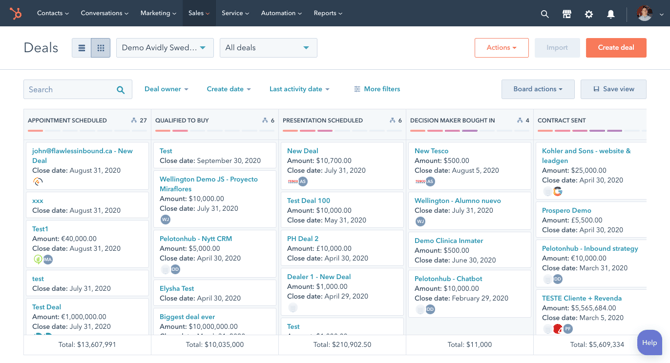
All-in-one platform
HubSpot
HubSpot’s CRM and supporting Sales, Marketing, and Service suites have all been built by HubSpot from the ground up. The result is a unified and consistent user experience where data, reporting, and individual tools are all similar and work in concert with each other.
Salesforce
Salesforce offers more products and tools, but their breadth can come at the cost of usability and maintenance. Their platform has grown through acquisitions such as Pardot, which can create a less integrated user experience for customers.
HubSpot and Salesforce are all-in-one platforms. They both offer a CRM along with all the tools your front office teams need including sales, marketing, and service tools. Choosing an all-in-one CRM for your teams to use will not only unite your work and data, but also create a better end-to-end customer experience.
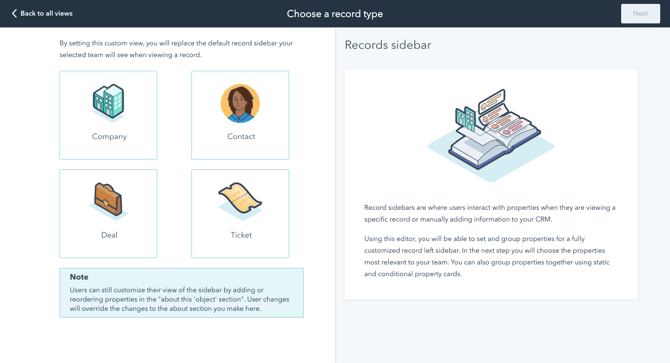
Scale and customization
HubSpot
HubSpot prioritizes ease-of-use and prescriptive recommendations to make it easier for businesses to get started. HubSpot’s usability means that you have the flexibility to change and adapt your HubSpot instance over time, layering in more customization and complexity as your business scales.
Salesforce
Salesforce offers endless customization for the most complex organizations. This level of customization allows for best-in-class forecasting and reporting dashboards. However, these advanced features may require more admin support, which can make it difficult for businesses to change and adapt their Salesforce instance over time.
HubSpot and Salesforce both offer powerful software for fast-scaling businesses. As a business evolves, it’s important for your CRM to be able to grow and change with your business needs. With this in mind, having the flexibility and control to customize your CRM is critical.
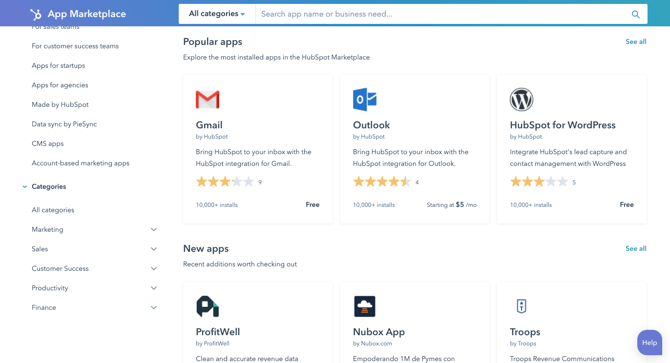
Ecosystems
HubSpot
HubSpot’s App Marketplace takes the same approach to 3rd party integrations as it does its own software – focusing heavily on power, ease-of-use, and quality. Installing and configuring integrations via the marketplace is simple with over 500 apps and integrations, many of which are native (HubSpot-built) integrations.
Salesforce
Salesforce’s AppExchange is the largest and broadest CRM app marketplace, offering a wide variety of options for different requirements. AppExchange is the fast and easy way to extend Salesforce with over 3,400 apps and integrations.
HubSpot and Salesforce both offer excellent add-on functionality through a robust app ecosystem. Both offer open APIs and developer tools to help you cater your CRM to your company.
Switching from Salesforce to HubSpot
Our dedicated migrations team is here to help you confidently move your sales team onto HubSpot, with minimal disruption to your business.
At HubSpot, we don’t just copy-paste your old, sub-optimal process. We help you design a new, better system – one that will scale with you for years to come. Below is a look at our proven phased approach for switching.
Three phases of switching success

Kickoff
The first step in the process is our kickoff call, where we build alignment and accountability between your team and ours. We'll review all of the requirements, deliverables and milestones we’ll complete getting your Sales Hub account fully set up with best practices in mind.
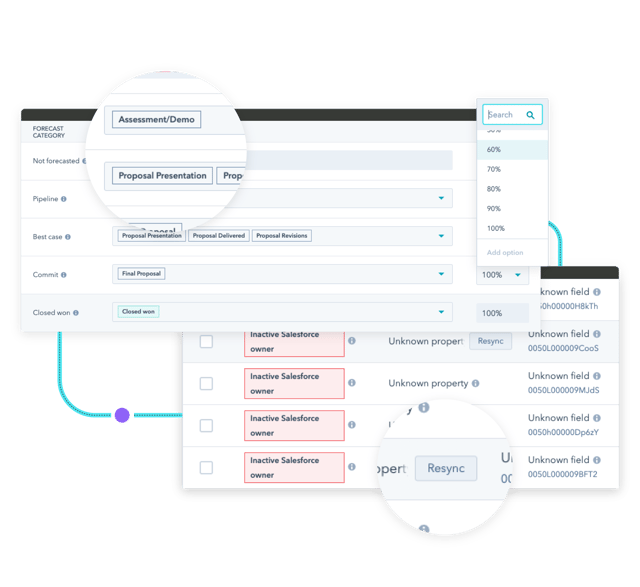
Implementation
Our team has developed a repeatable process consisting of two implementation sprints in order to deliver you fast time-to-value. It includes multiple progress updates so that you never have to worry about whether or not we’re on track.
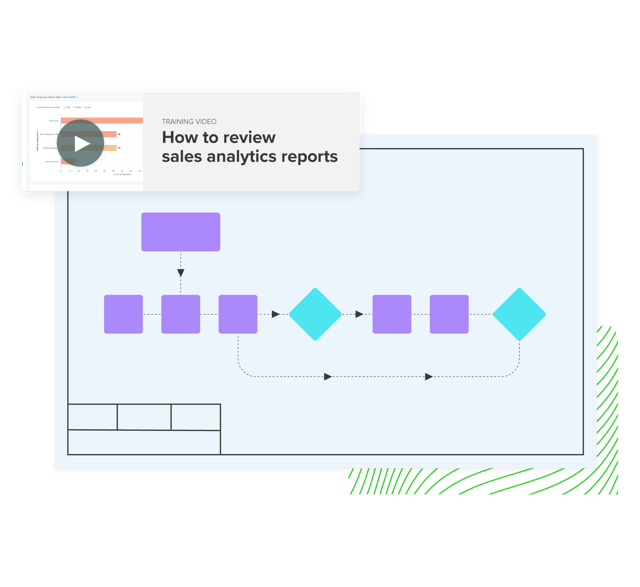
Launch and Training
Immediately upon delivering a personalized implementation you’ll receive tailored training on every aspect of the Sales Hub that your team needs to be successful. Each training will consist of guided walk-throughs and hands-on creation of individual features so that you leave ready to hit the ground running

Kickoff
The first step in the process is our kickoff call, where we build alignment and accountability between your team and ours. We'll review all of the requirements, deliverables and milestones we’ll complete getting your Sales Hub account fully set up with best practices in mind.

Implementation
Our team has developed a repeatable process consisting of two implementation sprints in order to deliver you fast time-to-value. It includes multiple progress updates so that you never have to worry about whether or not we’re on track.

Launch and Training
Immediately upon delivering a personalized implementation you’ll receive tailored training on every aspect of the Sales Hub that your team needs to be successful. Each training will consist of guided walk-throughs and hands-on creation of individual features so that you leave ready to hit the ground running



